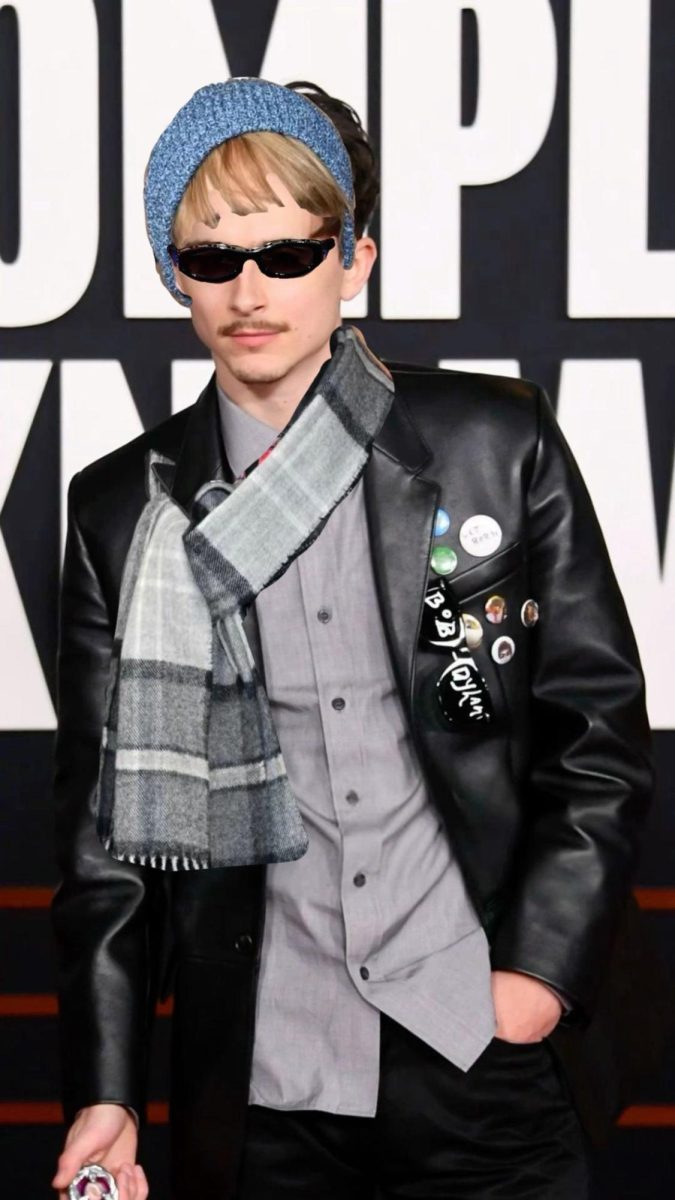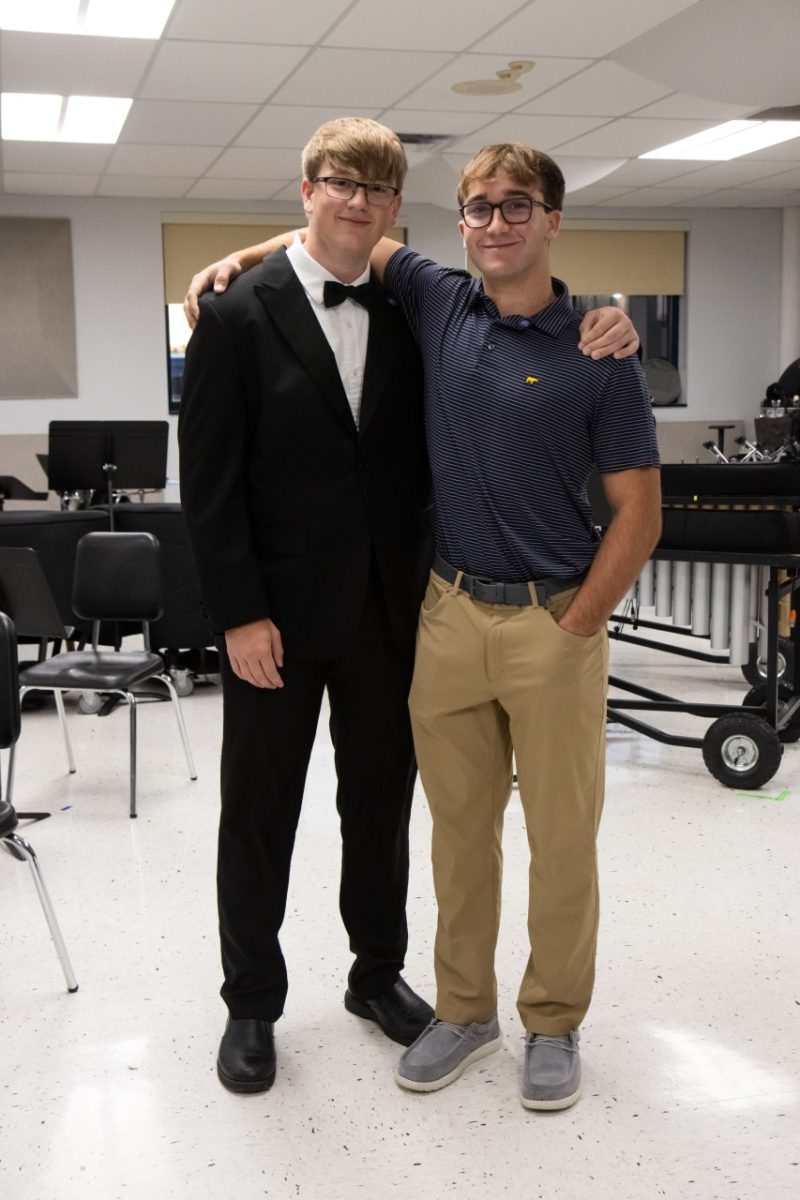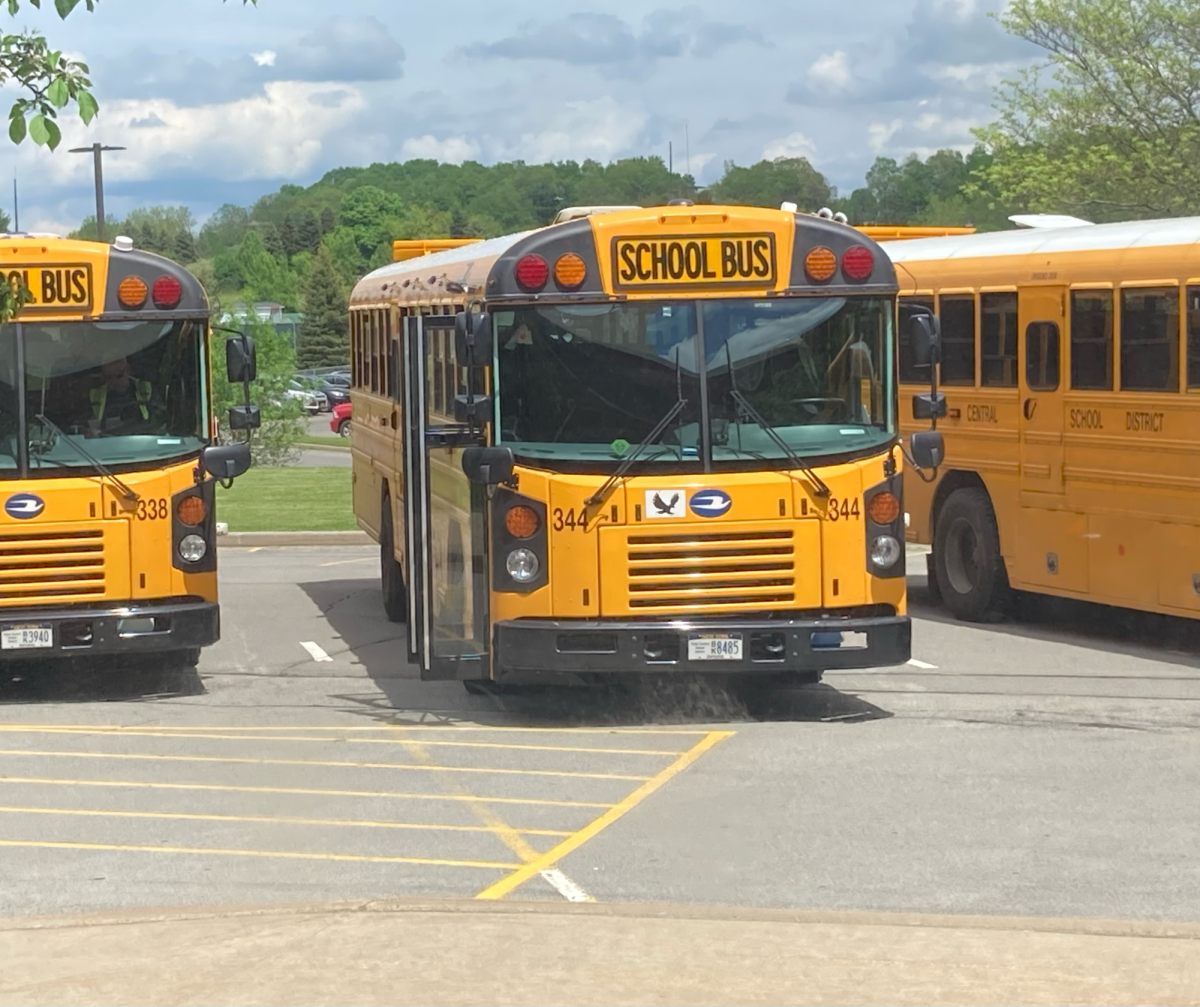Although I myself am a member of the LGBTQ community, I’d never really been to GSA before. Gender and Sexuality Alliance – or GSA – clubs aren’t always the most inclusive places for students, despite that being the entire point of their existence. When I showed up for their May meeting, I was immediately met with a kind and welcoming environment. The meeting itself went through many topics, involving genuine club matters such as fundraisers, and just joking around and having fun. When the club members took a survey I sent them, everyone said that they felt accepted when at GSA. Mrs. Paolicelli, the club advisor, has done a fantastic job at creating a safe space and club for queer students, and I highly encourage any queer students who have doubts about the club to give it a chance.
Can the same be said about the rest of the school building? Unclear. Out of twelve, seven GSA members surveyed said that they felt neutrally when asked if they felt accepted at Victor. It’s a layered question that can’t necessarily be answered with a simple yes or no, which is understandable. Although most people said they would feel safe discussing queerness with a friend or a teacher, no one said that they would discuss it with a classmate they didn’t know well. In addition to that, all twelve members surveyed said they know someone who’s been bullied for being queer at Victor, and half of these students have also been bullied themselves.
At the end of the survey, I asked two questions involving the presidential election. Although New York State is a blue state, the majority of our school is red or more right leaning. When conducting a mock election in November, more students voted for Donald Trump than they did Kamala Harris – although it was a close race. Does this influence how queer students are treated at Victor? Being gay and being transgender has become inherently political, especially in the recent election and the current presidency. Eight people said that they felt more prone to being bullied around the time of the presidential election, although the same number said that they didn’t experience it.
I talked to a sophomore – a transgender girl who chose to stay anonymous due to being in the closet. “Being in a dominantly red school scares me because I fear that if I come out, I could get bullied or worse by heavy supporters.” She wrote. This student is only out to a few close friends, and says she is scared of being mocked if she came out at school, or that a teacher would out her to family. When asked if she’d ever been bullied for being queer, she could immediately think of a story. “I was constantly bullied or made fun of by a group of boys I used to call my friends.” She spoke about how she was called multiple derogatory terms, both over text and the Internet, and face to face. These boys were never given consequences from the school, but the student says that she got in trouble for defending herself – and a teacher only heard the part where she fought back verbally.
Junior Tristen Bernhardt describes their experience coming out as sudden. “I had originally planned on waiting until I was in high school – I came out in 7th grade – but I just couldn’t wait and I’m glad I didn’t”. Tristen went on to talk about trying to be true to themselves, but that recently had found themself muting or toning down parts of their personality at school. “While I still consider myself to be a stereotypical queer person (flamboyant and love Chappell Roan’s music) and I do act like that at school, in the last few months especially it has ended up being a toned down version of who I am”.
Bullying isn’t what it used to be, especially in the new age of the internet. People aren’t getting shoved into lockers anymore – they’re being posted and whispered about and quietly laughed at. Bullying now is harsh, and it’s incredibly frustrating for everyone when teachers and adults don’t see it because they don’t know what to look for.
Talking to queer students for their thoughts felt important, and eliminating gendered language in classrooms was a popular answer. One student emphasized the importance of teachers asking for and caring about pronouns. Another student said that breaking stigmas around the LGBTQ community and making sure both sides of the story are heard would improve Victor astronomically.
Overall, Victor is… OK? Although there’s definitely a lot of work to be done to make this school a safe space for queer people, some credit has to go to teachers and admin for supporting their students, and creating safe spaces for LGBTQ students. A lot of credit also has to go to the students at Victor fighting for their ability to feel safe at school, and fighting against the community being treated badly everywhere.














